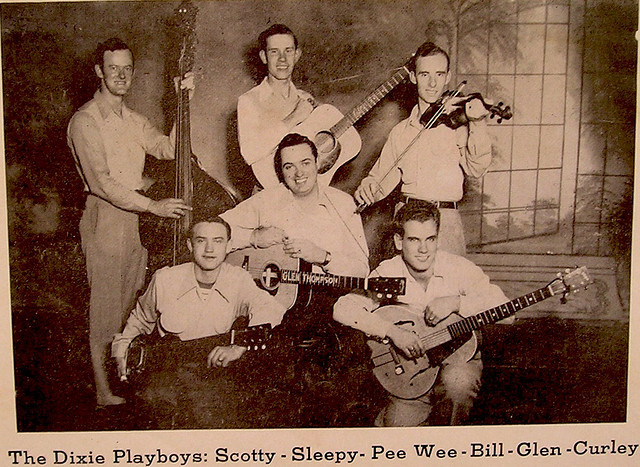Music at Mars Hill is a weekly column by Luke Larsen that seeks to find God amidst the newest trends in both mainstream music and independent music.
Last week at Music at Mars Hill we took a look at the newest release by one of CCM’s standards, Hillsong. This week I thought it would be interesting to follow the conversation up by spotlighting an artist on the opposite side of the Christian worship spectrum: former-Caedmon’s Call member Derek Webb. Known for being CCM’s rebel, Webb has been releasing solo albums since 2003, many considered ‘controversial’ in the CCM world. Webb’s 2009 album, Stockholm Syndrome, featured such controversial material that it was initially rejected by his Christian record label, INO. “It seems I’ve finally found the line beyond which my label can support me, and apparently I’ve crossed it,” said Webb.
This is where things get interesting. After the 2009 controversy ended, Webb went on to release an instrumental album called Feedback, which he referred to as a ‘worship’ album. The album was released in late 2010 and then rereleased in April 2011. Here is what Webb had to say about the concept: “Worship is a complicated idea. Arguably, it’s what we all do, 24 hours a day (regardless of what we’re worshipping). […] But this seemed to be the perfect posture in which to create something worthy of being called a ‘worshipful’ piece of art. So I studied, meditated, struggled, and prayed my way through the creative process…”. Although this seemingly new field of “worshipful” art is not as new as it might sound (anyone heard of J.S. Bach?), the idea of an instrumental worship album certainly raised a few eyebrows upon its release.
Feedback is full of much of the songwriting and instrumentation that Derek Webb fans have grown accustomed too. At some points, the music sounds like Ratatat and at others like Sufjan Stevens, with plenty of room for strong melodies and interesting musical textures in between. But across all the tracks there is a widened sense of wonder and spectacle that is new to his music. As the tracks flow into each other, the listener is encouraged to meditate and pray over the words of the album’s topic: the Lord’s Prayer. While the meditative aspects of the music are easily identifiable, would you consider this worship music? After all, couldn’t someone have made this music completely separate from the words of the Lord’s Prayer? Is there a difference between worship music and “worshipful” music?
Feedback is a musical exploration of the Lord’s Prayer, with each movement being named after certain lines. Soundscapes and textures open up the breadth and depth of each line, allowing the listener to engage with the prayer on a new level. I found the album to be incredibly powerful in this way. Because the music is wordless, it allows the simple words of the prayer to sink in and even opens up the possibility for the worshipper to “listen” in a new way. I can’t help but wonder if one of the problems with both our prayer and worship lives is that we are often too busy saying things to God to hear what God is speaking to us. I don’t know if Feedback has revolutionized the Christian music industry, but it certainly has poked some holes in its surface and offered a drastically different direction for Christian art.











